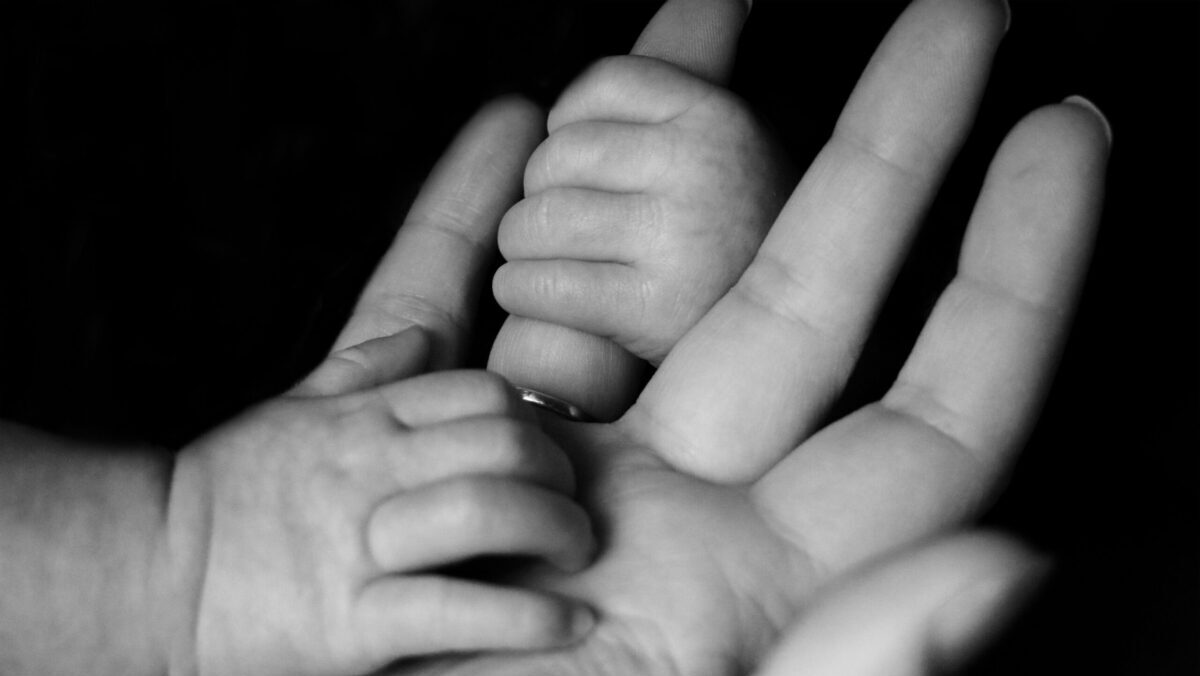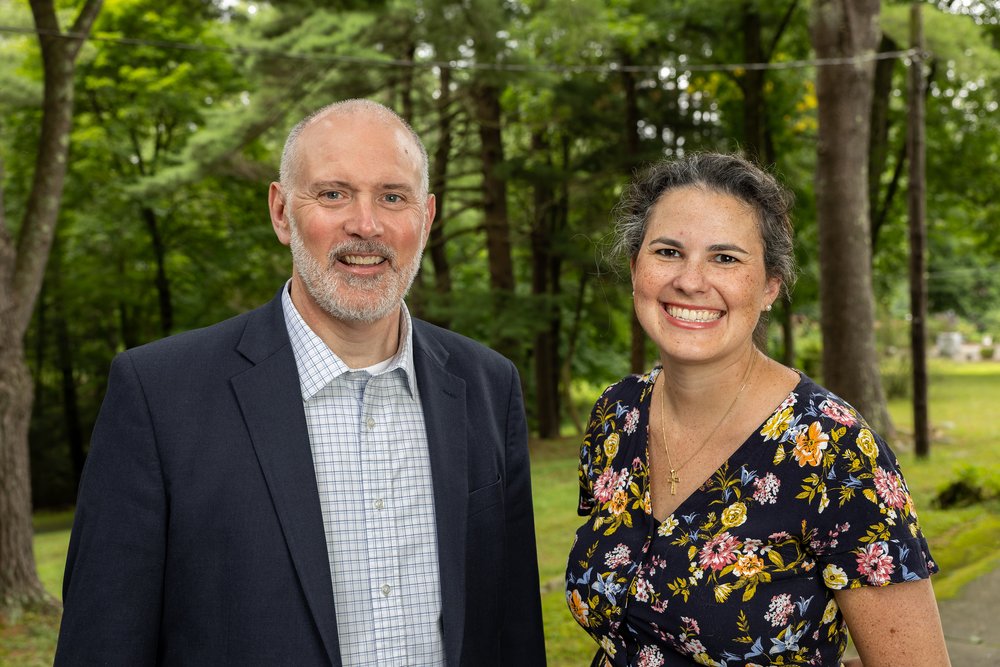Critical Race Theory — maybe you’ve heard people talking about it recently. Maybe you’ve seen it in the news or read about it on someone’s social media post, and you have no idea what they’re talking about.
The purpose of this article is not to sway you one way or another, but to share information so you can arrive at your own conclusion. My prayer is that the Holy Spirit will provide guidance to help you understand what to believe surrounding CRT. Proverbs 1:5 says, “Let the wise hear and increase in learning, and the one who understands obtain guidance.”
As a pastor, many times people ask a question and expect me to have an immediate answer. I want you to know it’s OK to not know everything and to not give someone an answer right on the spot; it’s OK to ask for time to research the question. But there also is no excuse to keep ourselves in ignorance.
CRT is a very critical (no pun intended) topic right now, especially in the life of Southern Baptists. If you have no idea what I’m talking about, do a quick Google search for CRT and Southern Baptists, and you’ll see exactly what I mean. I don’t have time to get into why I believe the word “race” is misused here, because there is only one race, the human race, but that’s another topic for another time.
Concept of the theory
My understanding is that critical race theory is the view that the law and legal institutions are inherently racist, and race itself, instead of being biologically grounded and natural, is a socially constructed concept used by white people to further their economic and political interests at the expense of people of color. In other words, CRT has nothing to do with perceived biological differences (this has already been proven scientifically, and biblically for that matter, in the Human Genome Project) but has everything to do with social inequalities based on the color of one’s skin.
CRT, officially organized in 1989 with its roots going back to the 60s and 70s, also says racial inequalities today are brought forth by white people to maintain certain privileges in business and politics, and brings about a rise in poverty and crime in minority communities.
You can already see why this topic stirs up so much controversy. The extreme viewpoints are that either you believe white people have created a system to bring down people of color, more specifically, African Americans, or you don’t. If you don’t believe it, many will say you probably are racist. Or you believe the ideologies of today supersede the Bible and its authority — but if you find some truth in CRT, you will be labeled by some as a cultural Marxist.
Obviously, these are two extremes when it comes to the conversation about CRT, and I hope I can provide unbiased information so you can make your own determination.
A way of seeing the world
Proponents of CRT say it “offers a way of seeing the world that helps people recognize the effects of historical racism in modern American life. The intellectual movement behind the idea was started by legal scholars as a way to examine how laws and systems uphold and perpetuate inequality for traditionally marginalized groups.”
Kimberlé Crenshaw, one of the founding scholars of CRT and executive director and co-founder of the African American Policy Forum, has said CRT “is a practice — a way of seeing how the fiction of race has been transformed into concrete racial inequities. It’s an approach to grappling with a history of white supremacy that rejects the belief that what’s in the past is in the past, and that the laws and systems that grow from that past are detached from it.”
She also has said, “It bears acknowledging that we’ve been here before: for his non-violent agitation for civil rights, Martin Luther King Jr. was targeted by the FBI as the most dangerous man in America.
“The civil rights and Black freedom movements were targeted, surveilled and disrupted by the FBI. Black Lives Matter has been framed by some in law enforcement as a terrorist organization. So racial justice work, including activism, legal advocacy and even knowledge production, has always had an uneasy relationship with the federal government.”
In relation to the Bible
Some within the church say CRT is a slippery slope that takes away from the authority of the Bible. Brandon Clay and Frost Smith write, “First off, we must acknowledge that truth is not determined by groups of people. Critical race theoreticians have shifted the center of truth away from objective standards to the subjective perspective of what are considered oppressed groups. To CRT advocates, truth is not determined objectively outside of themselves. Instead, truth is determined experientially by historically oppressed groups of people; thus, different groups of people can have different `truths’ in this view.”
They continue, “But that’s not how truth works. Truth is true outside of anyone’s perspective. Two plus two equals four, regardless of the melanin in your skin or any of your past experiences. Bowling balls fall from airplanes regardless of what anyone believes about gravity. Truth is located outside of a person’s perspective: it’s not integrated into divisive racial, social, sexual, income or gender identities. This is the fundamental problem with critical race theory.”
The conversation is much larger than one short article can fully cover, and the feelings surrounding CRT are intense. None of this should keep us from trying to understand such a topic — having a greater understanding allows us to engage our society with conversation that may actually make a difference. I’m reminded of the Apostle Peter’s words: “Always being prepared to make a defense to anyone who asks you for a reason for the hope that is in you; yet do it with gentleness and respect” (1 Pet. 3:15).
Our society is looking for answers, and we know the ultimate Truth. A conversation with someone about CRT can point them to a Savior Who works all things together for His good.






